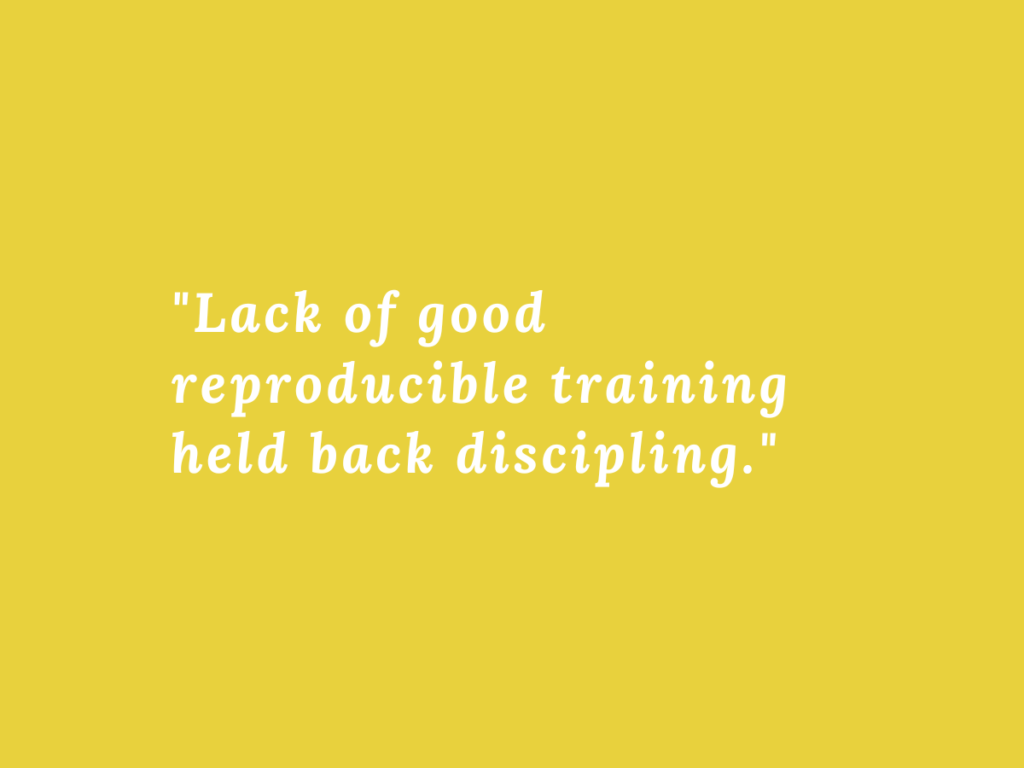
For the first time since Jesus gave His parting message and ascended to the Father’s right hand, conditions that limited and delayed fulfillment previously have either been removed or are being adapted to in ways that allow the penetration of the Gospel transformatively throughout the world.
Let’s consider here what some of our previous barriors and hindrances were and how they are being overcome before our eyes:
The good news is that now, for the first time, movements to Christ in these blocs are beginning and increasing, so that the great commission influences are increasing in ways far surpassing all previous centuries, and will probably continue to increase, in spite of moderate to severe persecution in many places.
Now we have lost our excuses for the relatively slow progress in fulfilling the Great Commission, finally, after 2000 years from when the promises, strategies, and tools were originally put in the hands of the followers of Christ. We now have everything we need, along with Christ’s assurances to us that He will continue to be with us until the end of the age as depicted in Matthew 28:20.
Like the children of Israel entering the Land of Promise, our main hindrances left to overcome are ignorance, unbelief, and fear. The Great Commission can be fulfilled in our generation.
Copyright © 2023 CMC International
All Rights Reserved